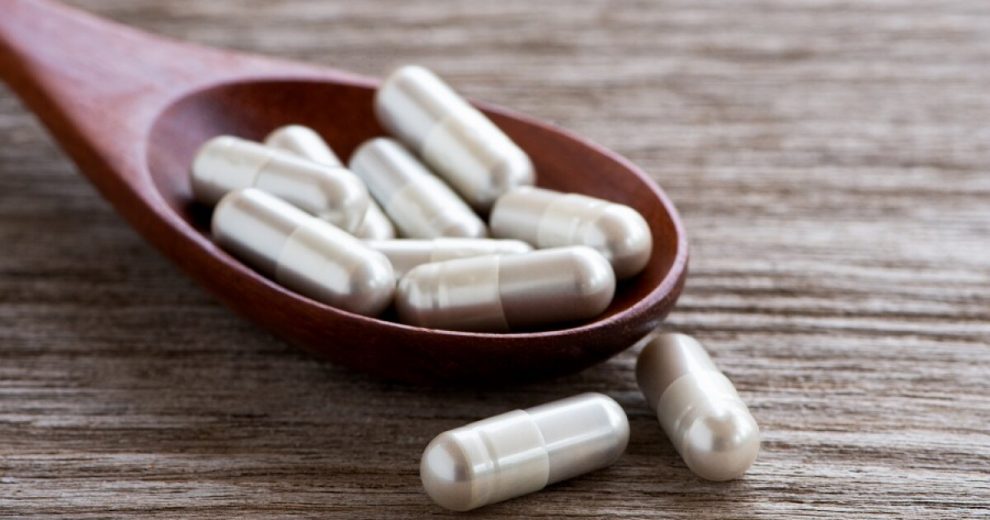Attention deficit hyperactivity disorder (ADHD) is a neurodevelopmental disorder characterized by difficulties with attention, hyperactivity, and impulsivity. While medications like Adderall are commonly prescribed to manage ADHD symptoms, they may not be suitable for everyone due to potential side effects or personal preferences. Fortunately, there are types of alternatives treatments worth considering.
Methylphenidate (Ritalin): Similar to adderall alternatives, methylphenidate is a stimulant medication that works by increasing the levels of dopamine and norepinephrine in the brain. It helps improve focus and reduce impulsivity and hyperactivity. However, some individuals may find methylphenidate to have fewer side effects compared to Adderall.
Non-Stimulant Medications: For those who cannot tolerate stimulant medications or prefer non-stimulant options, there are medications like atomoxetine (Strattera) and guanfacine (Intuniv). Atomoxetine works by increasing the levels of norepinephrine in the brain, while guanfacine affects certain receptors to improve attention and reduce impulsivity.
Cognitive Behavioral Therapy (CBT): CBT is a type of psychotherapy that focuses on changing patterns of thinking and behavior. It can be particularly beneficial for individuals with ADHD by helping them develop coping strategies, organizational skills, and time management techniques to better manage their symptoms.

Mindfulness Meditation: Mindfulness meditation involves paying attention to the present moment without judgment. Research suggests that practicing mindfulness can improve attention, impulse control, and overall emotional well-being in individuals with ADHD. Mindfulness-based interventions may be offered as standalone treatments or as part of a comprehensive ADHD management plan.
Exercise and Physical Activity: Regular exercise has been shown to have numerous benefits for individuals with ADHD. Physical activity helps increase dopamine and norepinephrine levels in the brain, which can improve focus, mood, and executive functioning. Activities such as jogging, swimming, yoga, and martial arts can all be effective in managing ADHD symptoms.
Dietary Changes: While there is limited scientific evidence linking specific diets to ADHD symptom improvement, some individuals report benefits from making dietary changes. This may include reducing sugar and processed foods, increasing intake of omega-3 fatty acids found in fish oil, and ensuring adequate intake of vitamins and minerals that support brain function.
Supplements: Certain supplements have been studied for their potential to alleviate ADHD symptoms. These include omega-3 fatty acids, zinc, magnesium, and iron. However, it’s essential to consult with a healthcare provider before starting any supplement regimen, as they may interact with other medications or have adverse effects in some individuals.





















